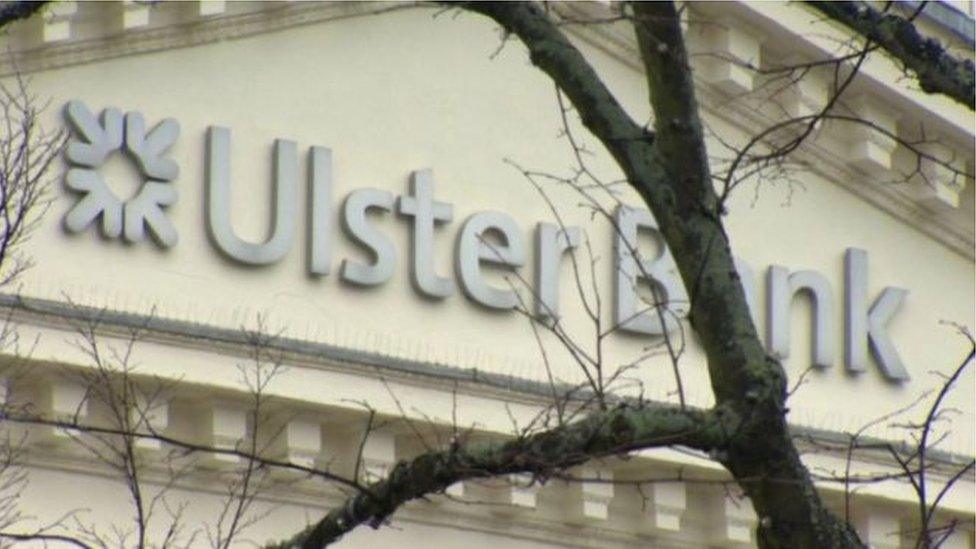NI economy 'positive', Ulster Bank survey suggests
- Published

The March survey shows the trends of strong exports orders and rising employment are continuing
The Northern Ireland economy experienced a "positive" first quarter of 2017, a bank survey has suggested.
Ulster Bank surveys private sector activity monthly, in what is considered a reliable indicator of the economy.
The March survey shows the trends of strong exports orders and rising employment are continuing.
However, it also suggests that inflationary pressures are still feeding into firms' input costs, and the prices they charge to customers.
Inflation is being driven by the weaker pound, which makes exports cheaper, but pushes up the cost of imported goods and materials.
'Consumer sweet spot'
The bank's chief economist in Northern Ireland, Richard Ramsey, said Northern Ireland's private sector has maintained its "growth momentum" as it enters the second quarter of 2017.
"For now, all segments of the private sector - manufacturing, retail, services, and construction - maintain growth in output and employment to varying degrees," he said.
However, he cautioned that consumption-driven growth was likely to slow as the impact of inflation feeds through to household budgets.
"The key concern is the dependence on retail sector growth in an environment of rising prices and pressure on consumers' pockets," he said.
"Retail prices are rising at almost a record rate, with further rises in food and energy prices set to filter through in the coming months.
"Alongside a freeze in a range of benefits to 2020, this will firmly consign the consumer sweet spot to the past"